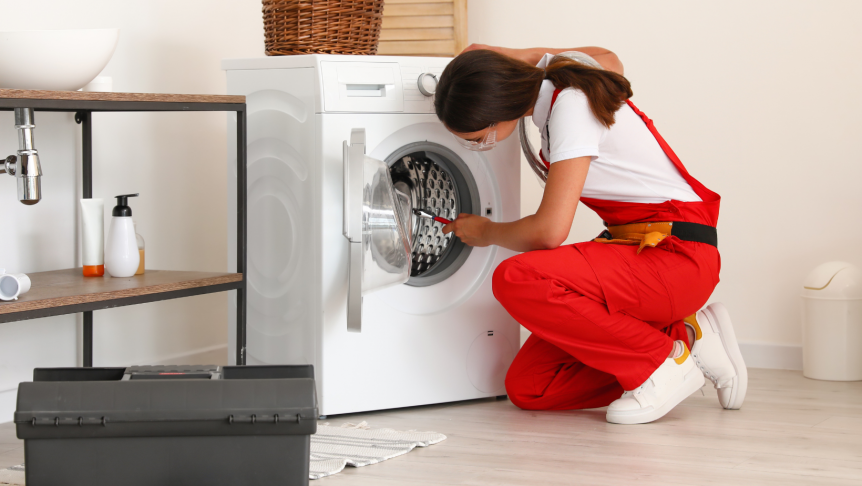Odors emanating from the washing machine should be a cause for concern. After all, it’s an appliance that is intended to clean clothes, leaving them smelling fresh and spring-like. But when the foul smells arise, they could be due to plumbing issues, irregular maintenance, or excessive detergent use.
The washing machine lines are connected directly to the sewer system. Without regular maintenance, bacteria accumulate and breed in the wet spaces inside the appliance. The bacteria inhabit various areas in the washing machine, making pinpointing their precise location difficult.
For example, bacteria can flourish in the filter, the heating elements, the door seal, the drum, or the hose. An unclean detergent dispenser can harbor bacteria, as these organisms hide in detergent. The drain connected to the sewer can also be contaminated with bacteria, causing offensive smells.
Cause 1: Running Low-Temp Cycles
Homeowners who run low-temperature cycles exacerbate the growth of bacteria. Normally, bacteria thrive when water conditions are optimum—meaning low-temperature. After repeated low-temperature cycles, the bacteria multiply quickly and lead to the unwelcoming smell of sewage overwhelming the washing machine.
Cause 2: Using Excessive Detergent
Laundry detergent smells clean and invigorating. Contrary to popular thought, however, using too much of it can be the cause of the sewage smell released by the washing machine. As mentioned, bacteria nestle within detergent, so use no more than the recommended amount per cycle.
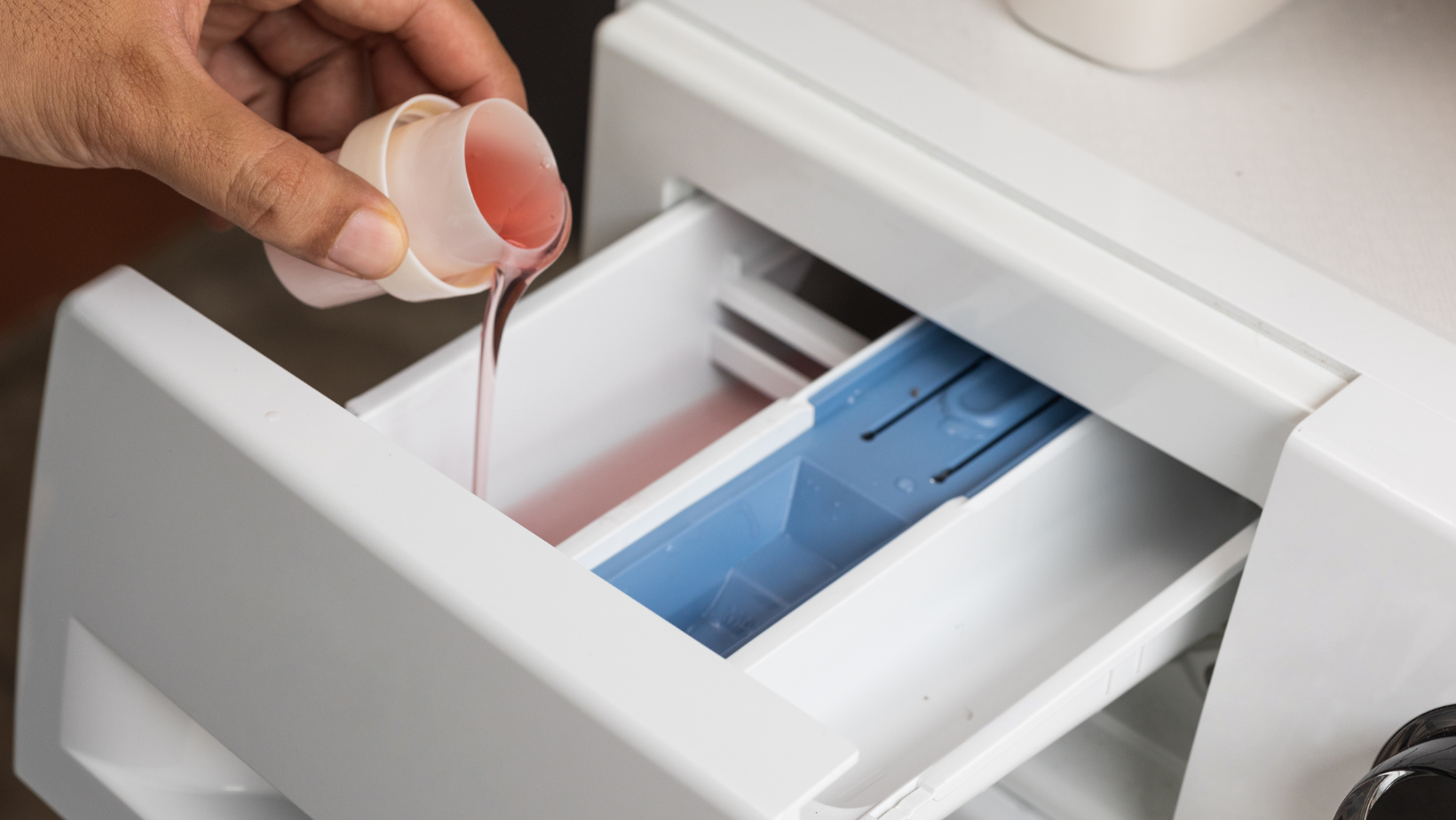
Cause 3: Cleaning with Dirty Water
Both the washing machine and the laundry room can release the pungent smell of Sulphur when the homeowner does loads of laundry with unclean water. The remedy to this problem is simple: Always use clean water when running the washing machine.
Cause 4: Failing to Clean the Appliance
A washing machine requires regular maintenance to prevent it from unleashing unwanted sewage smells. Cleaning the appliance routinely should be a priority, especially since debris, such as insects or bits of clothing, caught in the washing machine can eventually lead to sewage odors.
Steps to remove sewage smell in washing machine
The four abovementioned scenarios are the most common causes for the smell of sewage originating from the washing machine. Homeowners who are confronted by the awful odors can put the following steps into action to remove the odors and prevent them from returning.
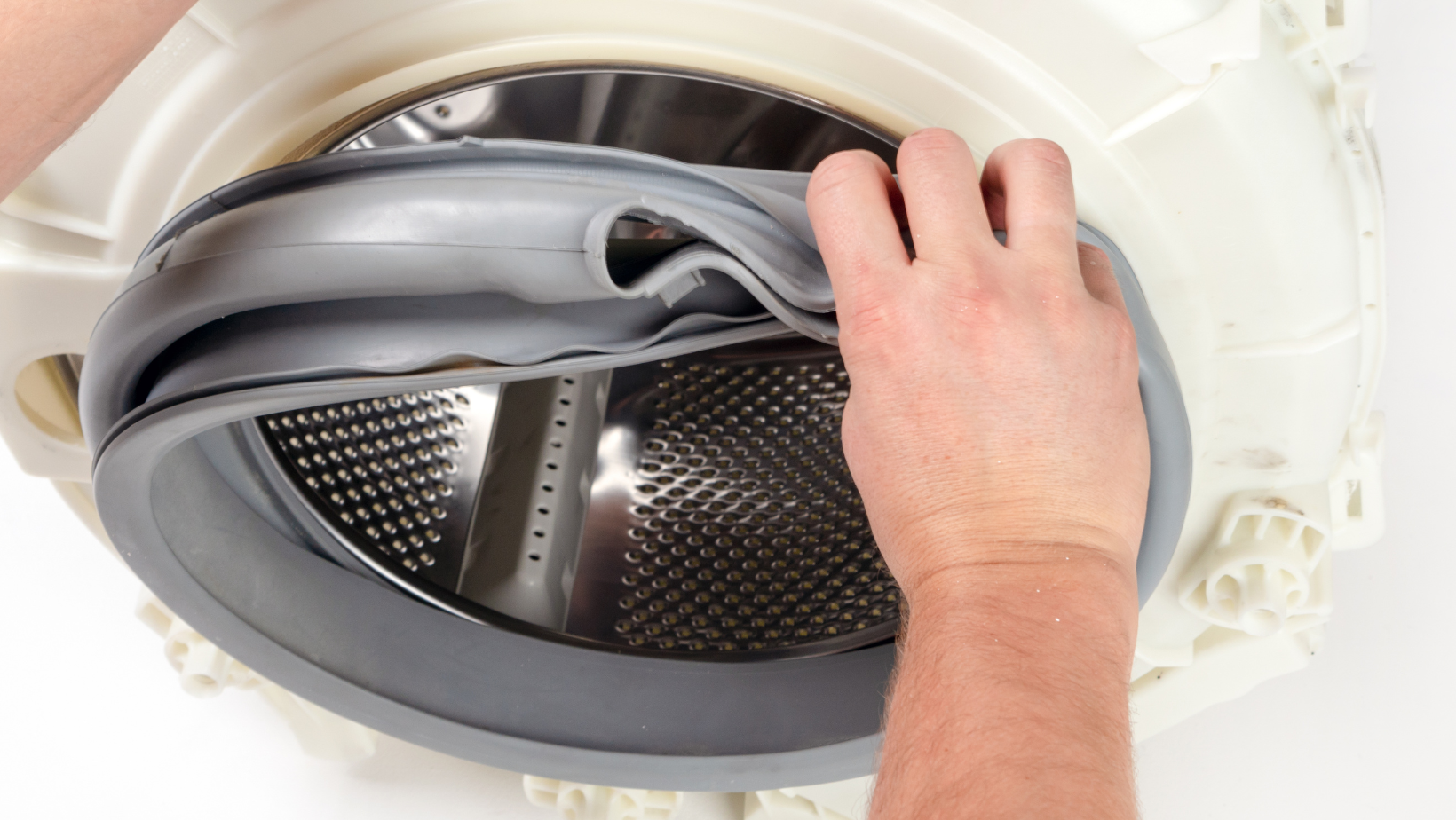
1. Clean the Sewer Vent Pipe
Outside on the home’s roof is a sewer vent pipe. This grated pipe is usually located above the bathroom. Access the sewer vent pipe and remove all visible debris caught within it, like leaves or dirt. Clogged pipes redirect sewer gases back to the house through the washing machine pump.
2. Run Hot Cycles
When possible, wash clothes using warm or hot water. Laundry detergent performs optimally under these temperatures, leaving less residue behind than when using cold water. Foul washing machine smells can be avoided by even occasional hot water cycles—such as one out of every four loads.
3. Clean the Appliance
Run an empty washing machine using hot water to help clean the appliance. Add one part baking soda and one part vinegar to the cycle. If minor odors linger, run the cycle using bleach instead. Afterward, run a cycle using only hot water.
Leave the door to the appliance open to let it thoroughly dry. Cleaning the appliance regularly using this method helps cut down on the accumulated dirt, detergent, and water residue that collect in the drum—which releases a musty odor often mistaken for the smell of sewage.
https://www.youtube.com/watch?v=JCw_20flat4
4. Treat the P-Trap
After cleaning, any lingering smells may be coming from the sewer. Check if this is the case by pulling the appliance away from the wall and removing the drainpipe. If the smell of sewage is being released from the standing pipe, it could be due to a dried-out P-trap.
A P-trap is important for trapping debris before it enters and clogs the sewer and for trapping sewer gases from the underground sewer pipes. The P-trap always contains some standing water, which serves as a barrier that prevents the sewer gases from backing up the home’s drain.
A dried-out P-trap is unable to trap sewer gases. The fix is to pour a gallon of water down the pipe. Also consider pouring four ounces of mineral oil down the drain to slow the evaporation of water. If the P-trap dries out again, repeat this procedure to restore moisture.
Pinpointing the cause of the smell of sewage stemming from the washing machine and repairing it are keys to appliance maintenance. It’s also a safety issue, as sewer odors can be indicative of a toxic, flammable threat. Consult a licensed plumber if the smells persist despite repair attempts.
Sewer smells emitted by the washing machine can be unpleasant. Even worse are the odors from sewage backups. When you face a water damage issue, whether from sewage backups, flooding, burst pipes, or appliance malfunctions, count on ServiceMaster Disaster Restoration and Recovery.
Our efficient water damage restoration service will ensure your water damaged property is returned to its pre-loss condition. IICRC-certified technicians possess the expertise to safely remove contaminants, bacteria, and viruses from sewer water. We clean and sanitize the building so it is safe to occupy.
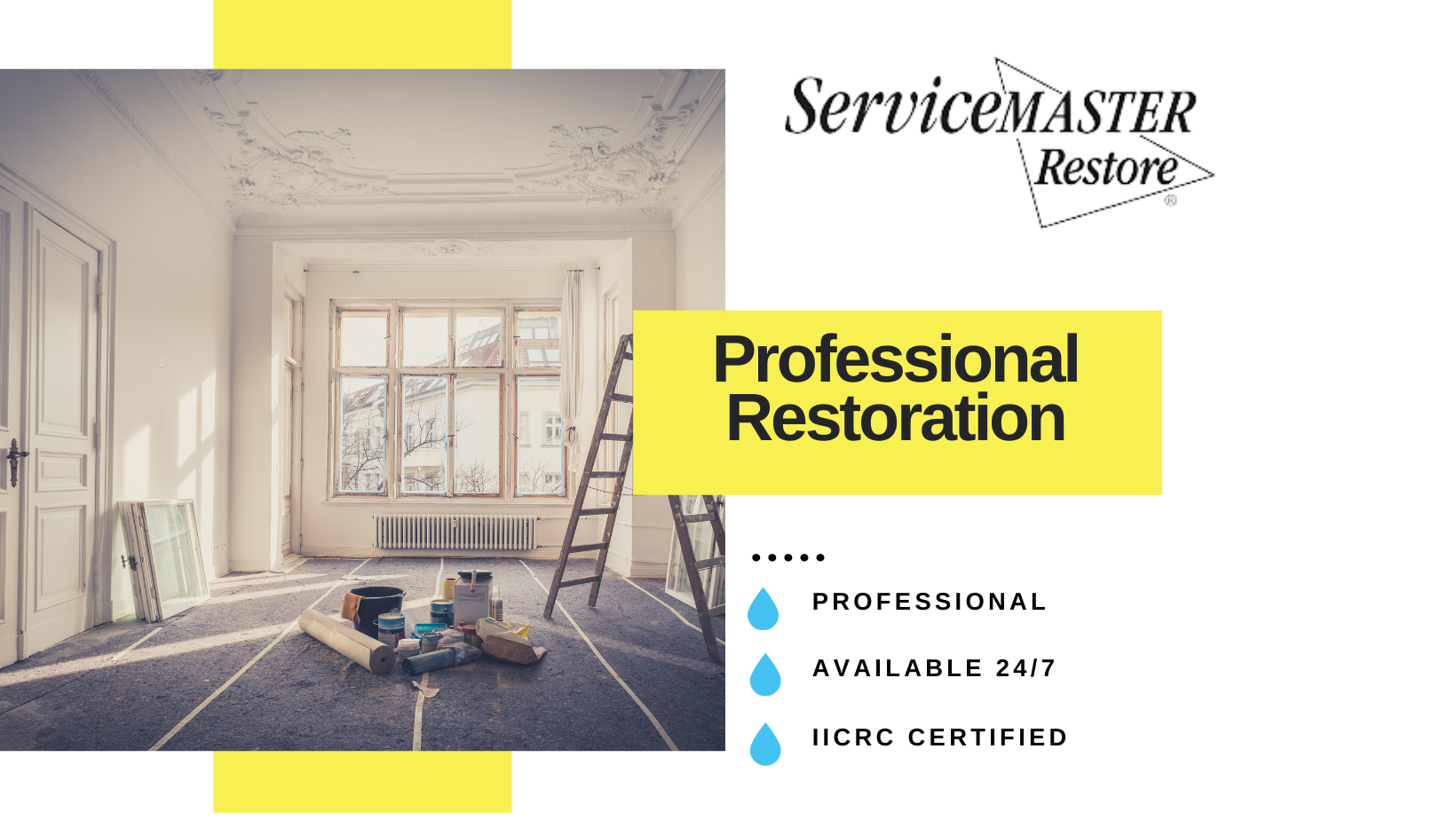
ServiceMaster Disaster Restoration and Recovery specialists are also skilled in water damage caused by other sources. We are equipped with the latest high-tech equipment, like hydroxyl technology and floor mat systems, to ensure excess moisture is removed and the affected areas are disinfected and dried.
Home and business owners receive comprehensive water damage services from our qualified crews. We offer content cleaning, pack-out services, carpet and upholstery cleaning, and various restoration services designed to fully restore your property after losses occur from a water damage event.
Residential homeowners and commercial property owners in San Francisco, California, choose ServiceMaster DRR for all their sewer backup cleaning needs. Our licensed and insured sewage cleanup specialists stand by 24 hours a day to respond to emergencies. Call us when disaster strikes.
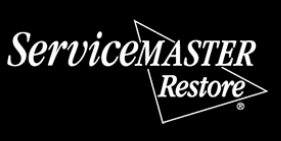
Steve VanDenBerg is the owner of ServiceMaster Disaster Restoration and Recovery. He has over 30 years of experience working within the restoration industry and successfully leading start-ups, turnarounds, acquisitions and mergers, and rapidly growing companies.
Steve earned his BS in Business & Accounting from Calvin University in Grand Rapids, MI and began working for DSI Holdings as their Chief Financial Officer. When Steve began with DSI Holdings, they were running an underperforming ServiceMaster Restore franchise with one location. Steve implemented new policies and procedures for accounting and finance as well as a professional sales plan that increased profits eightfold over his time as the CFO. He was then promoted to President and CEO and in this time, he expanded the company from two locations with $4M in sales to 12 locations and $45M in sales. DSI Holdings became one of the largest disaster restoration companies in the U.S. and helped with major restoration projects throughout the U.S. and around the world.
Steve purchased ServiceMaster DRR in 2015 when the business was in decline. Drawing on his years of experience in turning around struggling ServiceMaster franchises, Steve overhauled our operations, including finance, sales, and marketing, which led to a quick turnaround. Within Steve’s first 24 months, sales increased by 60 percent. Steve also helped greatly improve our operating margins and established a relationship with California’s largest residential insurance company. Under Steve’s leadership, we have become one of the largest disaster restoration providers in California.
Steve has found great success in turning around struggling and stagnant restoration franchises by changing the business model and strategy, greatly increasing sales and profits. Many of the changes he has implemented have even been adopted by the franchisor into their operating model.



